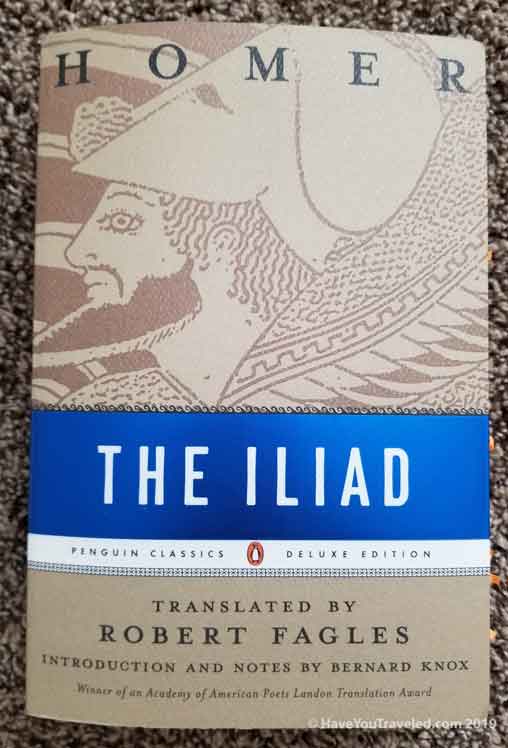
Perhaps the nuances do not abound, but it was impossible for me not to side with one of the characters to hope that their destiny (from early on, they themselves are going to be in charge of notifying how and when they are going to die) is not fulfilled. Brooding his anger away from combat, Achilles can be as barbaric as he is pious, just as Zeus seems as omnipotent as he is friendly. There is no gradual evolution of them, but they act radically. The characters are not psychologically developed. Elements from the 19th century appear (and reappear), making everything more dynamic. The songs at the end are great they were a kind of reward for my patience as a reader. Once the action restarts, there's little to get upset about and plenty to score. The problem is that they cause a feeling of standby as if they were never going to end. And it is perfect to dwell on them because they highlight cultural, historical, and social aspects. The only thing that hinders the reading of the book a bit is the descriptions of the weapons, the ships, the armies, and some hand-to-hand combat that provide material to locate oneself spatially, for example. There are vibrant stories that are told in the middle of a fight (the opponents talked a lot with each other before killing each other), recoveries of well-known myths, and not so much heroism, cruelty, and despair.

However, the flaws don't make it any less perfect. There are also inconsistencies (minor, but inconsistencies after all) between an action A and an action B, something that would be unforgivable in a written text. Due to its oral composition, some verses are repeated many times because they work as a "review," so I have no reason to remove stars.


 0 kommentar(er)
0 kommentar(er)
